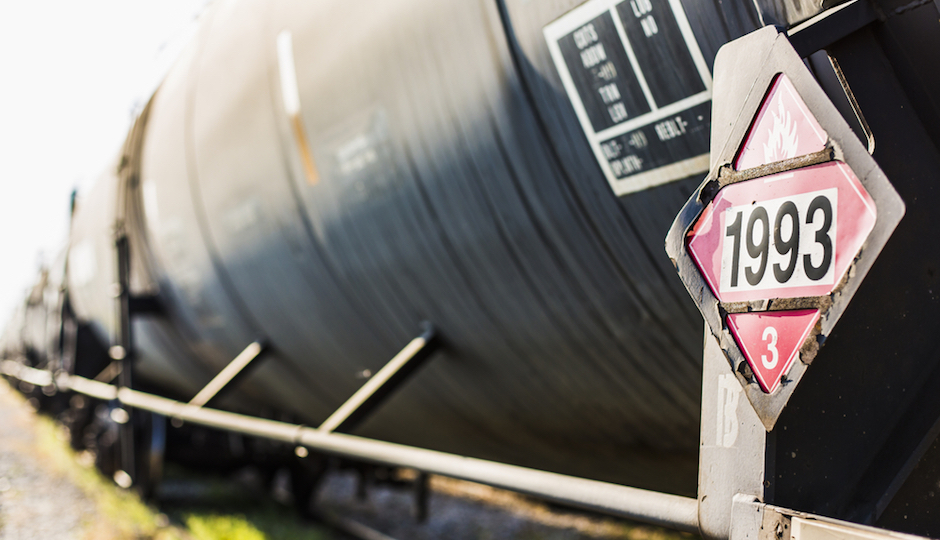Casey Backs Bill to Prepare for Oil Train Disasters
Amid growing concern about oil train derailments — including on trains journeying through Philadelphia to refineries on the south side of town — U.S. Sen. Bob Casey on Monday announced his backing for a bill that would give streamline training for emergency crews expected to deal with any disaster.
AP reports Casey is backing the RESPONSE Act, introduced by U.S. Sen. Heidi Heitkamp, a North Dakota Democrat. “The bill would provide training for firefighters in their home communities and at a federal facility in Pueblo, Colorado, connect small departments to experts in combating hazardous materials leaks and fires, and create a national database to track train incidents,” the wire service says.
As many as 80 oil trains traverse Philadelphia every week, Casey said. “What we can’t do is wait for the day something terrible happens to act,” he said.
StateImpact says local emergency officials want oil companies to help pay for all that training.
Casey couldn’t say how much the initiative would cost. But more voices are calling for those funds to come from the crude oil industry. Timothy McShea is the vice president of the Philadelphia Firefighters union Local 22.
“The railways themselves, and the petroleum makers have to be involved in creating the training and the financing of the training because they’re the ones profiting from it,” said McShea. “I don’t think the government should have to pay the full freight.”
McShea says an oil fire would have to be completely covered with foam, which he says is expensive and not available along all lengths of the tracks.
Casey’s announcement comes a week after the Philadelphia City Council passed a resolution calling on federal authorities to approve new regulations requiring safer cars for oil-carrying purposes, and challenging local emergency agencies to help the public prepare for a disaster.
The safety of oil-carrying trains — known pejoratively by activists as “bomb trains” — has been of increasing concern in Philadelphia after two incidents over the last year: In the first, oil tankers on a train crossing the Schuylkill River derailed on the bridge; in the second incident — earlier this year — 11 cars from an 111-car train derailed in South Philly.
There were no injuries in either derailment, but oil-carrying trains have proven dangerous. A 2013 explosion killed 47 people in Quebec. And last month, oil tankers in West Virginia derailed and exploded. In recent weeks oil trains have derailed in Alberta and near Galena, Illinois, further raising concerns.
Reuters reports that federal officials say the energy industry must do more.
Sarah Feinberg, acting head of the Federal Railroad Administration, said the energy industry must do more to control the volatility of its cargo.
“(We) are running out of things that we can put on the railroads to do,” she said. “There have to be other industries that have skin in the game.”
A national safety plan for oil trains, due to be finalized in May, would require trains to have toughened tankers, advanced braking and other safety improvements.
The plan, however, would do nothing to mute the dangers of the fuel itself.



